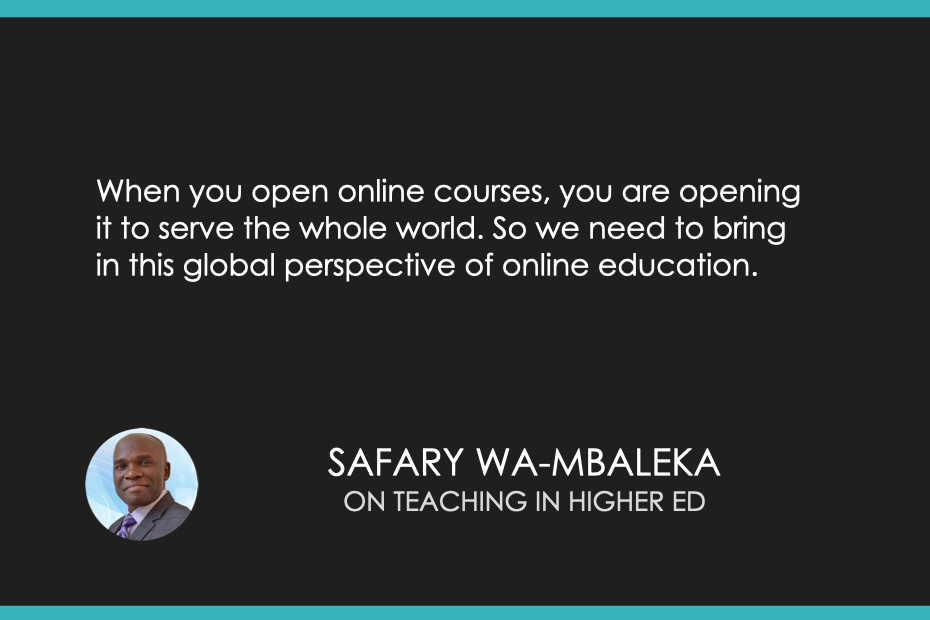
 Teaching in Higher Ed
Teaching in Higher Ed Online Learning Around the Globe
Feb 1, 2024
Safary Wa-Mbaleka and Leni Casimiro, experts in online education, discuss their experiences in the field, contextualizing online learning, challenges of prison education, and the impact of scarcity mindset. They emphasize the importance of understanding diverse cultures and the future role of artificial intelligence in online education.
Chapters
Transcript
Episode notes

